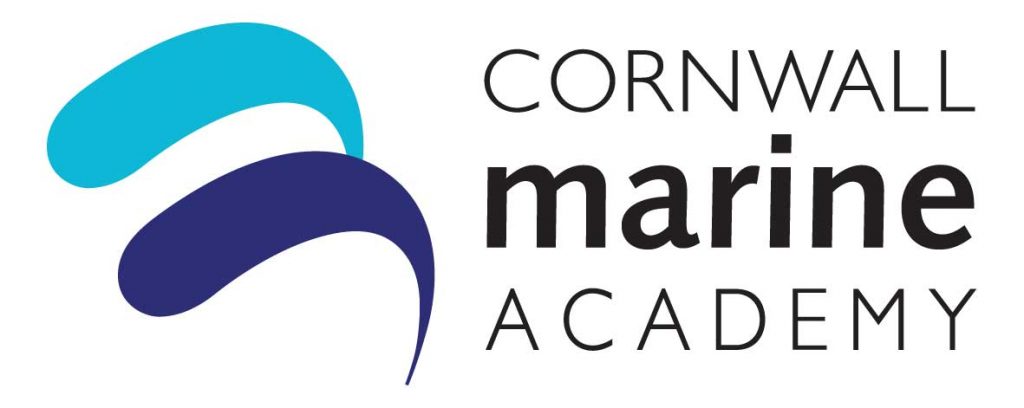Supported Internships
Structured, work-based study programmes
Built for 16- to 24-year-olds with SEND, who have an EHC plan
Supported Internships
Structured, work-based study programmes
Built for 16- to 24-year-olds with SEND, who have an EHC plan
Supported Internships
Structured, work-based study programmes
Built for 16- to 24-year-olds with SEND, who have an EHC plan
Service Content:
- Supported interns are in full-time education and their supported internship work placements are part of their course.
- Supported internships last for a minimum of 6 months, and up to a year.
- Every young person is supported in the work placement by a trained job coach, put in place by their education provider. The job coach provides in-work support that tapers off, if appropriate, as the supported intern becomes familiar with their role. Job coaches also work with employers, increasing their confidence in employing individuals with additional needs and helping them to create and support a diverse workforce. Alongside their time with the employer, supported interns complete a personalised study programme delivered by the school or college, which includes the chance to study for relevant qualifications, if appropriate, and English and maths at an appropriate level.
CMA Vision:
- Our vision is to develop independent, confident and resilient learners who are well prepared to engage with the wider community through participation in work based placements appropriate to the learners skills levels and aspirations.
Programme Focus:
- CMA would like to offer a Supported Internship Programme to learners with specific focus on the Marine Sector. Although, there could be some flexibility within the sector depending on the individual learners needs. Employers will generally be within the Marine Sector or closely associated with that sector.
Initial Proposal:
3 Stage Programme:
Stage 1 – Pre Supported Internship Programme:
- IAG / Vocational Profiling
- Employability Skills (Expectations)
- Placement Visits
- Placement Planning
Stage 2 – Supported Internship Placement:
- Employer Placement
- Supported by Job Coach
- Continuous review of progression
- Potential qualification in Employability
Stage 3 – Pre Apprenticeship Programme / Employability:
- Progression to Pre-Apprenticeship Programme
- Progression to full Apprenticeship Programme
- Employment
What our employers will offer:
- Offer a placement in agreement with Cornwall Marine Academy
- Pre meeting with learner and Job Coach
- Full induction to placement following all company regulations and requirements
- Relevant training prior to placement commencing (where appropriate)
- Supported placement with clear roles and responsibilities
- Continuous support and development within the allocated role/s
- Positive involvement within the Progress Checks / 4 week reviews
- Identifying potential progression opportunities for the supported intern within the company or industry
Key principles
-
Education providers are free to design their supported internship programme to fit their local circumstances and to meet the needs of their learners.
However, we have set out the following principles, which should be followed;
Principle 1
- A significant majority of the supported intern’s time is spent at the employer’s premises in a work placement. While at the employer, the young person will be expected to comply with real job conditions, such as timekeeping, shift patterns and dress code.
Principle 2
- Supported interns follow a personalised study curriculum alongside their time at the employer, including relevant aspects of English and Maths. This will be a bespoke package that is delivered by the provider and should support their progression to paid employment. It should give the supported intern the opportunity to reflect on their learning journey.
Principle 3
- Job coaches are central to the study programme and provide support to both the young person and employer. They should be trained in line with the national occupational standards for supported employment.
Principle 4
- The primary goal of the programme for the young person is paid employment. Work placements must work for both the young person and the employer. For the young person, the job must fit with their vocational profile, contribute to their long-term career goal and be flexible enough to address barriers where necessary. For the employer, they should meet a real business need. The employer should be committed to supporting the young person towards paid employment.
